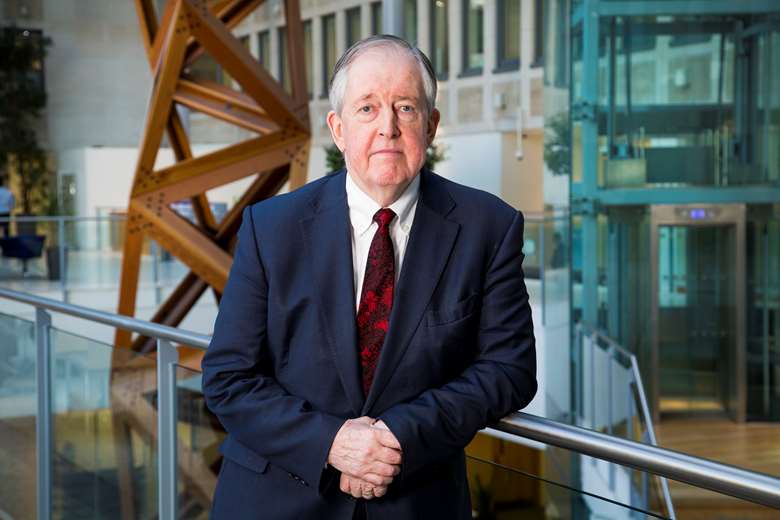YJB chair calls for children's criminal records to be erased at 18
Joe Lepper
Tuesday, January 31, 2017
Youth Justice Board chair Lord McNally has added his voice to calls for children's criminal records to be erased at 18.

Speaking in the House of Lords during the second reading of the Rehabilitation of Offenders Bill, the Lib Dem peer said that there was a strong case for "expunging" criminal records when offenders reached their 18th birthday.
However, he added that this should not apply to murder, serial sexual offences and crimes of violence.
He said: "This is not woolly liberalism, but sound common sense, as is the continuation of anonymity for young offenders who come before the courts.
"All the evidence shows that resettlement into a job is the best way to avoid reoffending. I pay tribute to companies such as Timpson, National Grid and many others in the private sector who are willing to take on ex-offenders. The existence of a criminal conviction can undo years of successful rehabilitation work."
The move has already been recommended as part of Charlie Taylor's government commissioned review into youth justice, which is currently being considered by ministers.
Lord McNally, who is stepping down from his YJB role in April, noted that the Taylor report looked at childhood criminal records in 16 countries and found that the England and Wales system "is one of the most punitive".
He added: "A criminal record acquired by a child in England and Wales can affect that person for longer, and more profoundly, than in any other jurisdiction under consideration.
"The overall environment is such that a childhood criminal record, even for a relatively minor offence or misdemeanour, can have severe implications during childhood and beyond into adulthood; this can affect an individual's education, employment and other prospects for years to come".
In 2014 Lord McNally said he would back a review of the age that children become criminally responsible for their actions.
Currently a child can be charged with criminal offences from the age of 10, the youngest age within the European Union.




